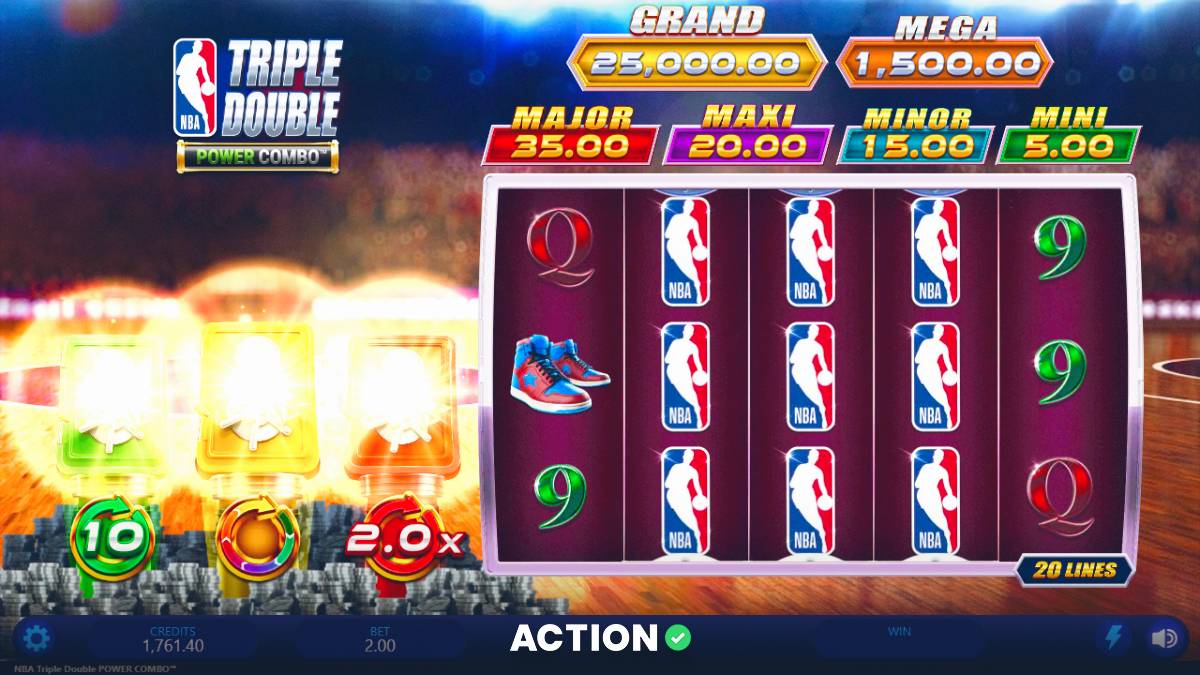Michigan’s Senate Government Operations Committee has a big decision to make.
The group is considering two recently introduced bills that would propose small increases to the state’s online casino and online sports betting tax rates.
Senators Sam Singh and Jeremy Moss introduced Senate Bills 1193 and 1194. If passed, the new bills would amend the 2019 Lawful Sports Betting Act and the Lawful Internet Gaming Act by marginally raising the tax rates for online gambling operators in the state.
The bills do not explain why these marginal tax increases are being proposed. Michigan is one of only seven states in the US that have legalized online gambling.
How Are Michigan Online Casinos Taxed?
Michigan’s online casino operators face a graduated tax rate based on their annual adjusted gross revenue (AGR):
- Less than $4 million: 20%
- $4 million to less than $8 million: 22%
- $8 million to less than $10 million: 24%
- $10 million to less than $12 million: 26%
- $12 million or more: 28%
Additionally, the three casinos in Detroit incur an extra city tax of 1.25% on top of the state tax rates.
How Are Michigan Online Sportsbooks Taxed?
In Michigan, sportsbooks are taxed at 8.4% on their adjusted gross sports betting revenue. The state collects the 8.4% tax and distributes it across three funds:
- The Internet Sports Betting Fund (65%)
- The City of Detroit (30%)
- The Michigan Agriculture Equine Industry Development Fund (5%)
Michigan's effective tax rate is 5.1% overall and 6.8% for this year. Operators can reduce their taxable revenue by deducting promotional expenses before taxes are calculated.
What Would the New Senate Bills Change?
The new bills propose slight increases in tax rates for online gambling operators. Senate Bill 1193 would increase the online sports betting tax rate from 8.4% to 8.5%. Senate Bill 1194 proposes adding one percent to each rate in the existing sliding tax scale for online casinos.
In terms of distributing tax revenues, these bills suggest a few changes.
For sports betting taxes, the portion going to the city where the operator is located would increase from 30% to 31%. The state's share would decrease slightly to 63.5%, down from 65%. Meanwhile, funding for the Michigan agriculture equine industry development fund would rise from 5% to 5.5%.
For online gaming, the city would continue to receive 30%, while the state fund and the agriculture equine industry development fund would get 64.5% and 5.5%, respectively.
Michigan Among Top Revenue Generating iGaming States
If Michigan passes these bills, it could set an example for other states considering changes to their gambling laws.
As online gaming becomes more popular across the country, lawmakers are working on adjusting regulations to ensure they meet state revenue goals while supporting the gaming industry's long-term health.

Michigan, New Jersey, and Pennsylvania dominate the U.S. iGaming market, earning the most gross gaming revenues in 2024. Pennsylvania leads with more than $2.1 billion in revenue so far this year. Michigan and New Jersey follow closely, with almost $2 billion each.
Michigan's online gambling tax rate is far less than others, such as Pennsylvania, which taxes online sports betting at 36% and online slot machine games at 54%. The national average for online gambling tax rates is 19%.
No timeline has been established for voting on Senate Bills 1193 and 1194. They have been referred to the Committee on Government Operations.









